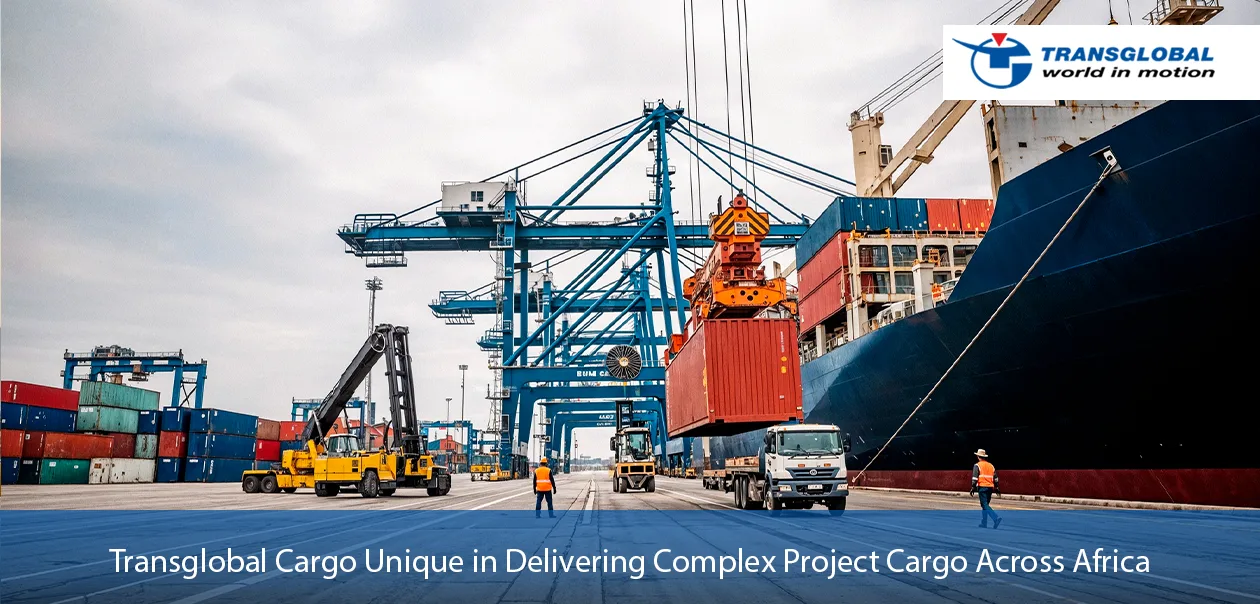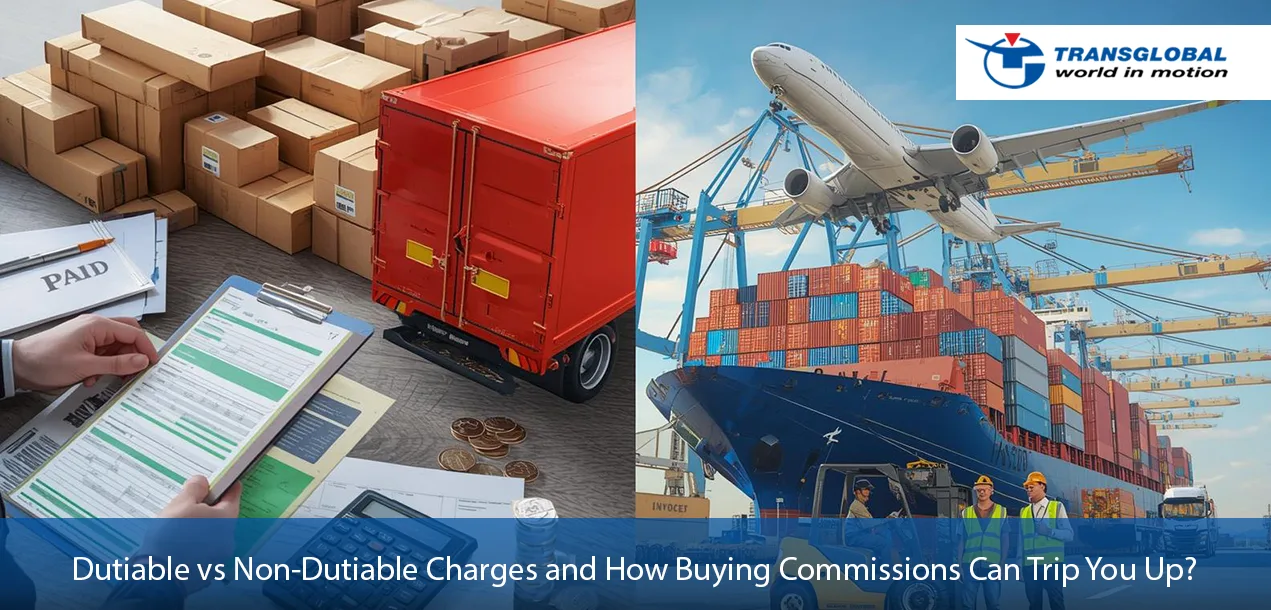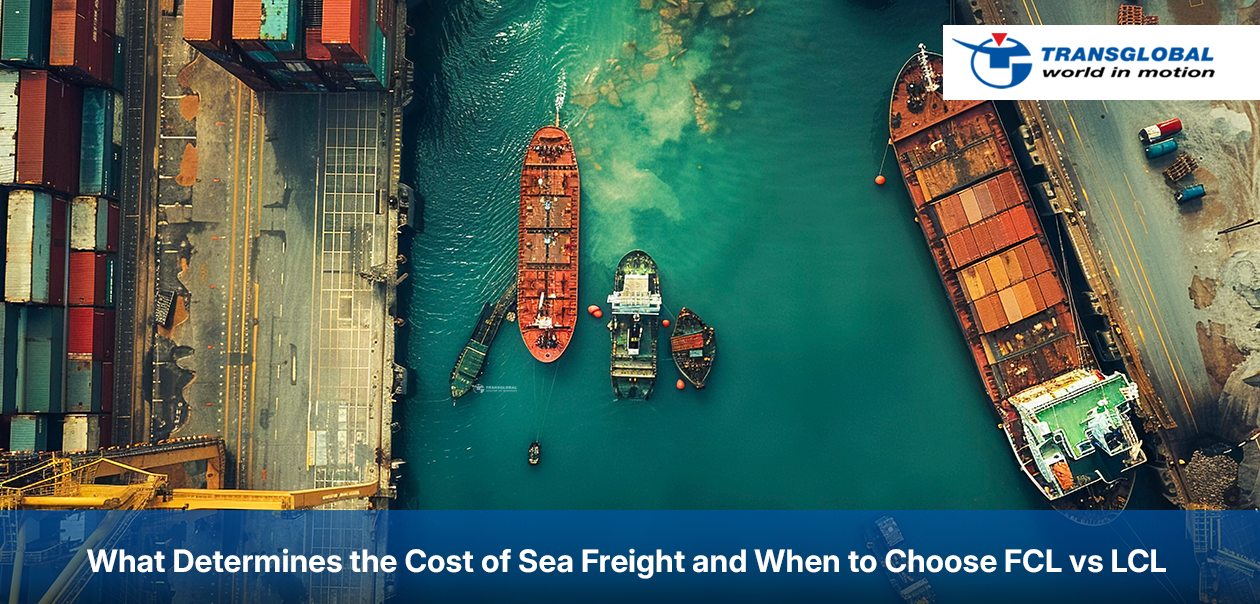Imagine moving a shipment that could explode, ignite, corrode metal, poison people, or do all of the above if handled incorrectly. That’s what logistics companies deal with when transporting dangerous goods. These aren’t your everyday parcels. They’re materials with the potential to cause serious harm to people, property, or the environment if not managed with strict controls.
Freight forwarders in South Africa play an even more important role, where sectors like mining, energy, manufacturing, and defense significantly rely on hazardous chemicals. Whether it’s ammonium nitrate for blasting, flammable liquids for transport, or toxic chemicals for industrial use, understanding what qualifies as “dangerous goods” is essential for safe, compliant, and efficient shipping.
What Exactly are Dangerous Goods?
“Dangerous goods” (DG), sometimes called hazardous materials (hazmat), are substances that pose a risk to health, safety, property, or the environment during transportation. They are classified into 9 categories under international regulations, and South Africa adopts these same standards through its National Road Traffic Act and SANS 10228/10229/10230 codes.
The 9 Classes of Dangerous Goods:
Class 1: Explosives (e.g., fireworks, ammunition, blasting caps)

Class 2: Gases (e.g., propane, butane, oxygen cylinders)

Class 3: Flammable liquids (e.g., fuel, ethanol, paint thinners)

Class 4: Flammable solids (e.g., matches, magnesium)

Class 5: Oxidizing agents and organic peroxides (e.g., hydrogen peroxide)

Class 6: Toxic and infectious substances (e.g., pesticides, medical waste)

Class 7: Radioactive materials (e.g., medical isotopes)

Class 8: Corrosives (e.g., battery acid, cleaning chemicals)

Class 9: Miscellaneous dangerous goods (e.g., dry ice, lithium batteries)

Each class carries specific handling, packaging, and transport requirements, and mishandling even one can lead to fatal consequences.
Why do Dangerous Goods Matter More in South Africa?
South Africa isn’t just moving freight. It’s moving freight through mining zones, ports, railways, and rural road networks, often under regulatory pressure and infrastructure constraints.
Here’s why dangerous goods logistics is a top priority in South Africa:
- Mining and energy sectors rely heavily on chemicals and explosives.
- Long-haul routes connect landlocked neighbors like Botswana and Zimbabwe.
- Ports like Durban and Cape Town serve as export gateways for hazardous cargo.
- Regulatory enforcement has tightened in response to environmental and public safety concerns.
- Compliance with global standards is necessary to stay competitive in international trade.
So if you’re a freight forwarder, manufacturer, or logistics provider operating in or through South Africa, you need to treat dangerous goods with the respect they demand, and the expertise they deserve.
What are the Key Risks of Mishandling Dangerous Goods?
Transporting hazardous cargo without proper precautions can result in:
- Explosions and fires
- Toxic leaks or environmental contamination
- Serious injuries or death
- Massive legal fines and shutdowns
- Reputational damage for shippers and forwarders
Who Regulates Dangerous Goods in South Africa?
Transporting dangerous goods in South Africa is governed by several bodies and regulations:
- Department of Transport (DoT)
- South African Bureau of Standards (SABS): through SANS codes
- National Road Traffic Act, 1996
- International Maritime Dangerous Goods (IMDG) Code
- International Civil Aviation Organization (ICAO) for air freight
Freight forwarders must also ensure vehicle compliance, certified driver training, correct documentation (Transport Emergency Cards or TRECs), and strict route planning, especially for cross-border logistics.
What Role Do Freight Forwarders Like Transglobal Cargo Play?
For dangerous goods, you don’t just need a transporter, you need a partner with technical knowledge, certifications, and real-world experience.
Here’s what expert freight forwarders like Transglobal Cargo handle:
- DG classification and segregation advice
- UN-approved packaging solutions
- Labeling and placarding per SANS 10228
- Driver and handler certifications
- Customs declarations and safety documentation
- Hazard route planning and risk mitigation
- Coordination with emergency services
- Real-time cargo tracking and control tower monitoring
Transglobal Cargo has deep experience with Class 1 explosives, flammable chemicals, and military goods, making them a reliable partner for businesses that can’t afford to take chances.
Challenges Faced in Dangerous Goods Logistics And How to Solve Them
1. Compliance Complexity
- Problem: Constant updates to regulations across countries.
- Solution: Work with freight forwarders like Transglobal Cargo who stay updated on SANS, IMDG, and ICAO rules.
2. Limited Infrastructure
- Problem: Poor road conditions and limited DG storage facilities in remote areas.
- Solution: Advanced route planning and mobile storage units via certified forwarders.
3. Cross-border Coordination
- Problem: Neighboring countries have different rules and border processes.
- Solution: Choose a forwarder like Transglobal Cargo with regional experience.
4. Emergency Preparedness
- Problem: Accidents can escalate quickly.
- Solution: Always use fleets with onboard safety equipment and trained personnel.
Signs You’re Dealing with a Reliable Dangerous Goods Forwarder
✅ Certified to handle multiple DG classes
✅ Provides full DG documentation support
✅ Offers driver and handler training programs
✅ Has direct links with ports, customs, and emergency teams
✅ Offers cross-border services beyond South Africa
✅ Uses tamper-proof packaging and real-time tracking
✅ Understands the local terrain, risks, and industry use cases
Conclusion
Moving dangerous goods is not just about transport, it’s about trust, safety, and compliance. Whether you’re in mining, manufacturing, defense, or energy, you need a freight forwarder who understands the nuances of South African regulations, the real-world risks, and the need for precision.
At Transglobal Cargo, we’ve built our reputation by doing exactly that, moving dangerous goods with the kind of expertise that removes risk from the equation.
Looking for a reliable freight forwarder to handle your dangerous goods? Let’s talk. Contact Transglobal Cargo today and ship with confidence.
Frequently Asked Questions
What qualifies as dangerous goods in South Africa?
Dangerous goods include flammable, toxic, explosive, corrosive, or radioactive materials that pose safety risks during transport. South Africa classifies them under 9 hazard classes as per SANS 10228 standards.
Who regulates the transportation of dangerous goods in South Africa?
The transport of dangerous goods is regulated by the Department of Transport (DoT), South African Bureau of Standards (SABS), and international codes like IMDG (sea), ICAO (air), and ADR (road).
Why should I use a certified freight forwarder for dangerous goods?
Certified freight forwarders like Transglobal Cargo ensure full compliance, safe handling, accurate documentation, and real-time tracking, minimizing risk for high-stakes cargo.





Comments